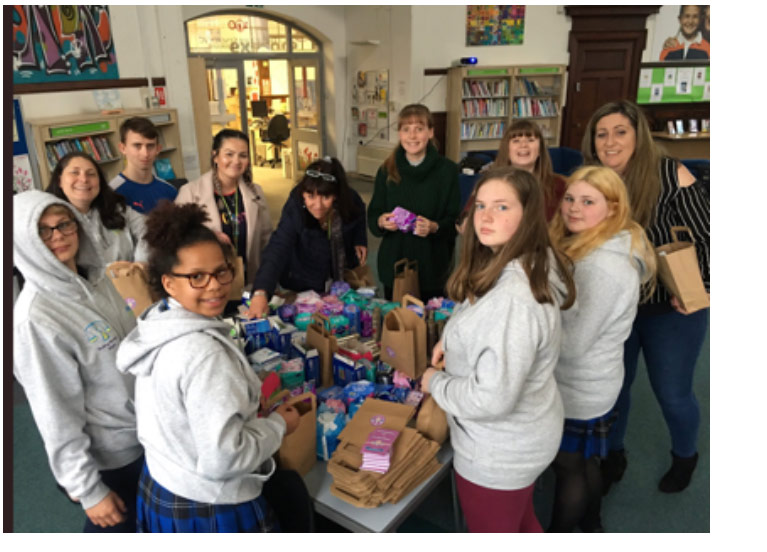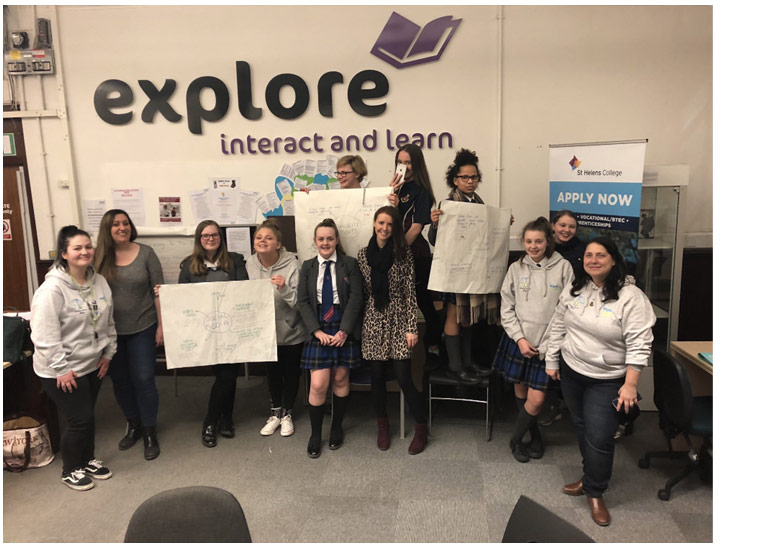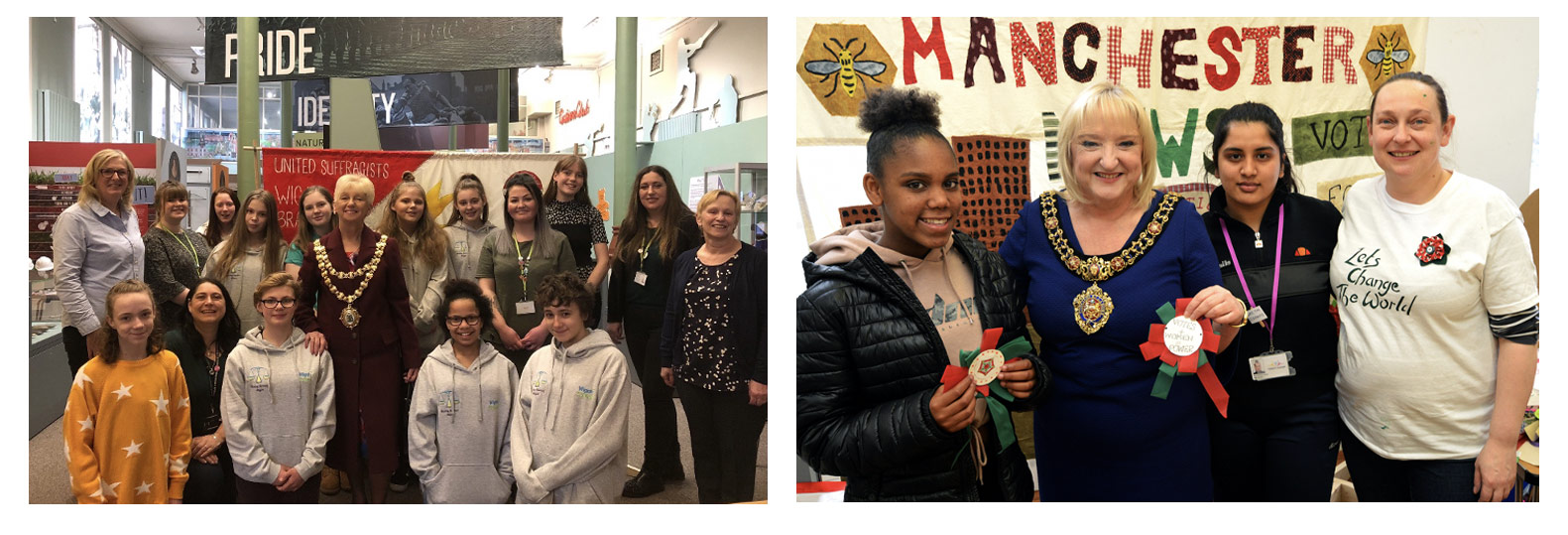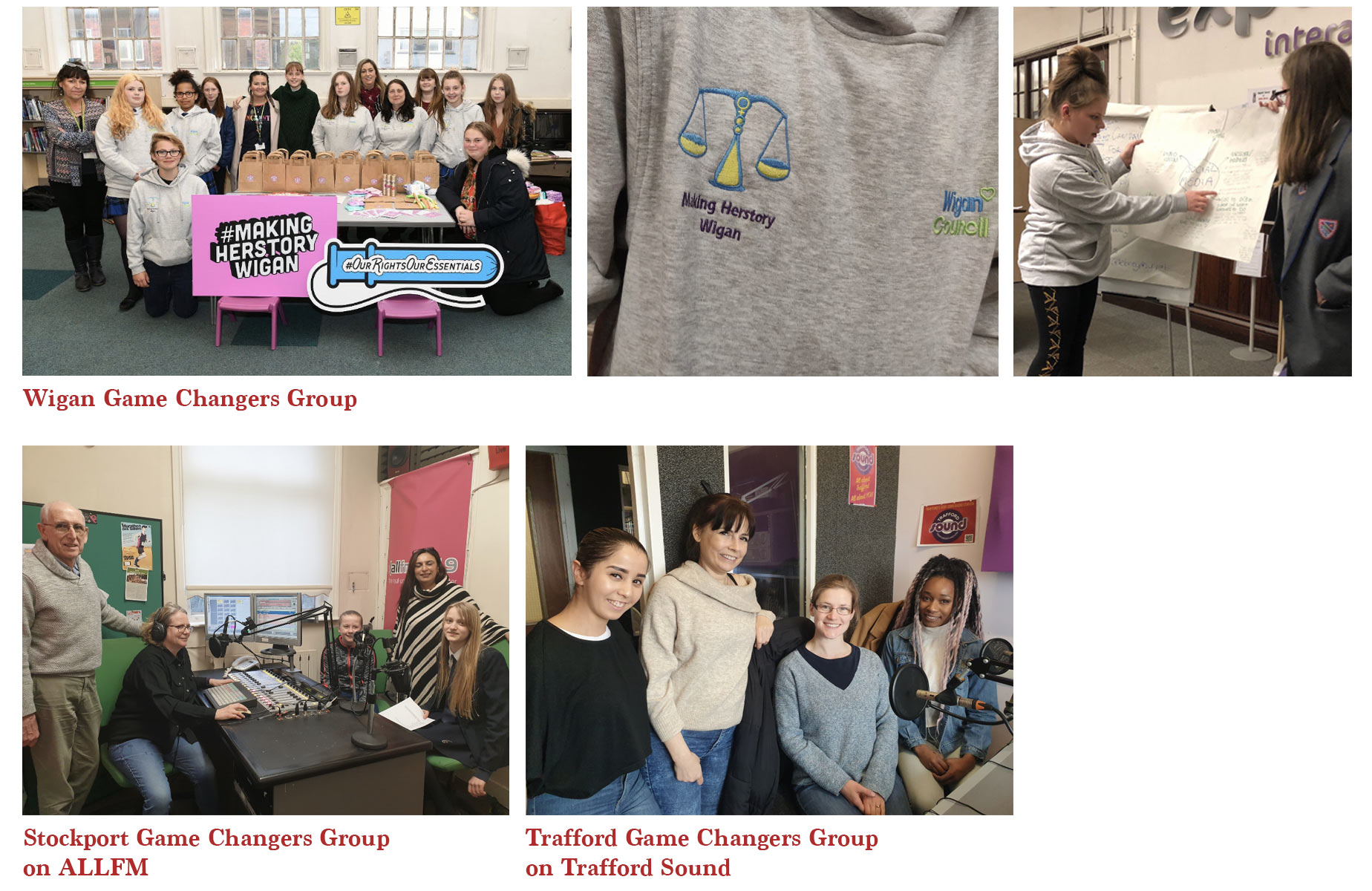
Marketing
A key element of establishing any campaign is how the message is conveyed to the general public to galvanise support.
The rights of women to vote and have any form of independence were rejected not only politically but also socially. If the suffrage movement were to succeed they would have to adopt a marketing strategy to make the idea of women’s rights palatable to the majority of the general public. Unlike marketing in a business where the marketing would be decided and produced by those at the top, for a political organisation such as the NUWSS, every member became a marketer for the cause. The set up and ethos of each suffrage society was therefore diplomatic in nature where each member could have a vote and have a say in the strategy. Members would also have a responsibility for conducting the distribution of suffragist literature and acquiring signatures for petitions. These petitions would then be presented to MP’s to persuade them of public support of women’s suffrage.
These items from the Women’s Suffrage collection at Archives+, Manchester Central Library show the importance of attending meetings, conducting petitions and advocating for MP’s to support women’s suffrage. All of which, would be conducted by the members of the NUWSS:

The Game Changer groups were able to see these archives for themselves and also learn from real life Marketing Company, Yellow Jigsaw, in how marketing can be used when campaigning.

When working with Yellow Jigsaw the groups explored issues in their local community that they wanted to resolve and looked at ways to engage their local community. They explored contemporary marketing strategies and how similar they were to the suffragist movement or how they had developed and changed.
Petitions were still used today, however now they are more than likely to be conducted online.
Meetings and gatherings still take place. These can be formal with official minutes, much like the meetings of the NUWSS or informal and social like the Game Changer young women’s groups themselves.
It is still important to communicate issues you are passionate about with your local political representatives. Just as the suffragists advocated MP’s, both the Wigan and Manchester Game Changer groups were privileged to have the mayors of their cities attend their events.
Where the suffragists used journals, particularly the ‘Common Cause’ to argue the value of equal suffrage and inform about the progress being made, modern day campaigners could use internet blogs.
Instead of having to rely on leaflets and booklets, modern day campaigners can utilise social media. Putting across points on twitter for example requires the argument to be short and succinct much like the suffragist pocket booklets.

The role of memes and GIFs are the modern equivalent of cartoons and illustrations that would be featured in newspapers, journals and on post cards, all utilise comedy to emphasise a point.
The Wigan Game Changers group were passionate about tackling period poverty. They came up with a hashtag to promote their group, #MakingHerstoryWigan and #OurRightsOurEssentials. These were printed on giant boards, which were visually engaging, much like the banners used by the suffragists. The group came up with a logo (balanced scales) that represented what they wanted to achieve, equality. These were printed onto their own matching hoodies acting as a modern version of the sash and they made brightly coloured badges featuring their phrase, Making Herstory Wigan, showing how badges are still used in campaigning. Much like the suffragists, the Game Changer group had to become the marketers themselves and all helped package up period supplies for vulnerable young women in Wigan.
Public speaking is still a valuable tool to communicate, however there are more channels for modern day campaigners including radio, podcasts and YouTube on programmes such as ‘Ted Talks’.
The Game Changers groups were then able to use the marketing techniques they learnt from Yellow Jigsaw to promote the Bazaar event where all of the groups came together to share their work.

